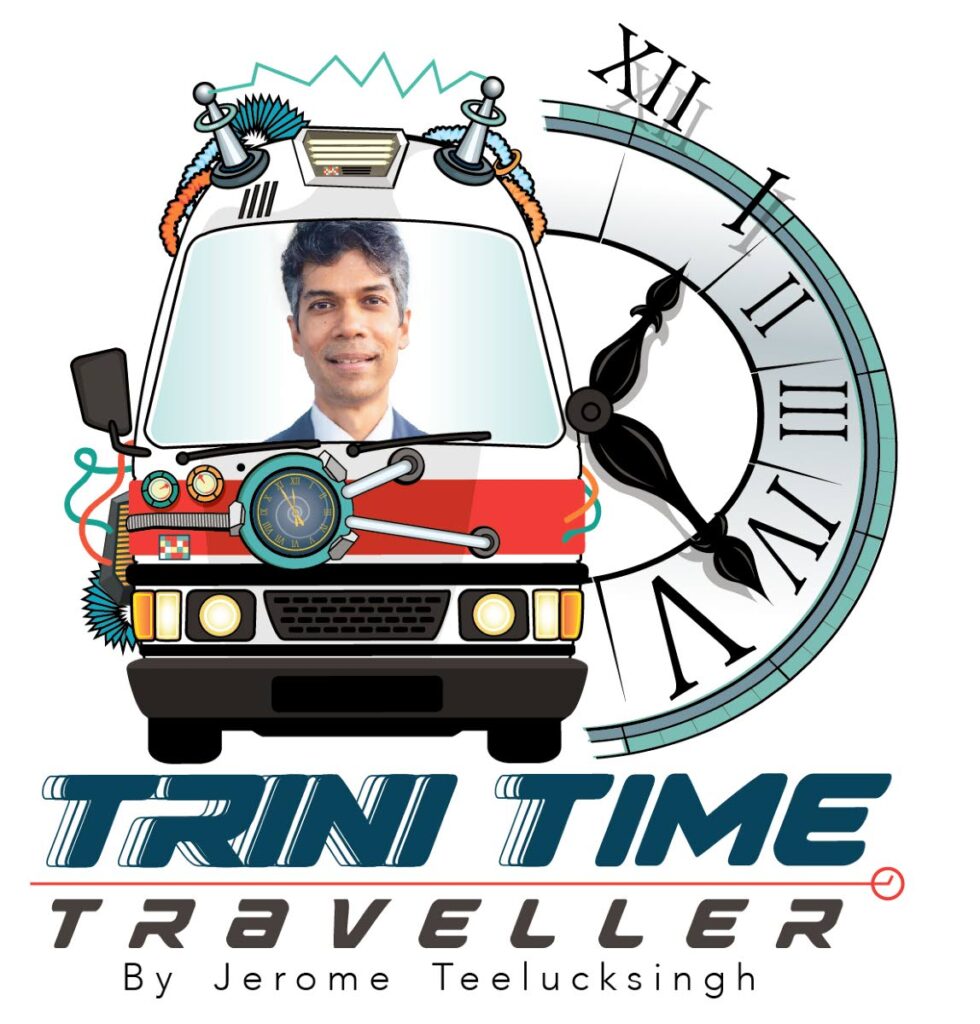Power to Tobago and students

Jerome Teelucksingh
RECENT incidents of bullying in schools and strained relations between Tobago and Trinidad made me rethink the bygone Black Power era.
A 1970 survey of Tobago revealed that 75 per cent of the best land was owned by either the local elite or foreigners. Makandal Daaga and members of the National Joint Action Committee (NJAC) visited Tobago in March that year and sought to enlighten the people within three-four days. Tobagonians needed the land to plant food and Daaga was critical of the sister isle, saying “some of it was left in bush and treated like a tourist resort.”
Massive demonstrations were organised to reclaim Buccoo Reef and beaches at Pigeon Point and Bacolet for Tobagonians. In Bacolet, an estimated 5,000 demonstrators stopped at a popular nightclub and Daaga told the crowd that the owner had 13 and 14-year-old girls performing striptease acts for tourists. The owner was forced to apologise and stopped all striptease events.
At Pigeon Point, demonstrators removed a steel gate which prevented them from free access to the beach. A crowd of 6,000 demonstrators ignored armed police as they sought to reclaim transport trade to Buccoo Reef.
The largest of the Black Power demonstrations was a march to Charlotteville on April 18, which was estimated to be 12,000-15,000 Tobagonians.
These marches were attempts to empower Tobagonians.
Some of the Tobagonian activists were thrown in cells in Tobago, while others were brought to Trinidad. Those sent to Trinidad remained in isolation and not allowed to mix with Trinidadians. Aiyegoro Ome, one of the activists of 1970, recalled that some of those in Trinidad were illiterate and NJAC organised literacy classes for them.
There were Tobagonians who played noteworthy roles in these Black Power protests and marches. Among them were Ethelbert Wilson, Duport Ewing, Winston Dillon, Opuku Ware, Llenga Llenga, Embau Moheni, Kameel Akeel and Allan Richards. They ensured that Tobago was not left behind in this global revolution.
Secondary school students were also involved in these Tobago protests. They began to debate and discuss issues affecting them and their society. Furthermore, these youths recognised the need to create a fair and just society. They were against the imprisonment of soldiers who had been sympathetic to the protesting blacks.
An article in Uhuru, May 2004, revealed, "...the students of Roxborough Composite School organised an 18-mile demonstration from Roxborough to Scarborough demanding that their soldiers be freed. This demonstration was joined by students from schools in Scarborough, as well as parents on the way."
Two female secondary school students in Trinidad, Josanne Leonard (of Naparima Girls’ High School) and Ayesha Mutope Johnson (of Bishop Anstey High School), were dynamic leaders of the National Organisation of Revolutionary Students (NORS) during the 1970s.
Josanne’s father, Winston Leonard, was also prominent in the Black Power Movement in San Fernando. Some of the young women from NORS later joined NJAC. During the "March to Caroni," one participant recalled, "Schoolchildren lined the route shouting 'power to the people!’" This consciousness is absent in 2024.
In the Caribbean, the events of the 1970s also impacted the women’s movement. One view is that “…the rise of feminism, which was a direct challenge to male authority, grew out of the black struggle.” Black women questioned their status in terms of gender and race/ethnicity.
Victoria Pasley in an article, “The Black Power Movement in Trinidad: An exploration of gender and cultural changes and the development of a feminist consciousness,” believed some of the pamphlets circulated by Black Power groups appealed to Indian and African women in Trinidad and Tobago to join their struggle.
Two examples of brave women who participated during 1970 were Barbara Grey-Burke (of the Spiritual Shouter Baptists) and Liseli Daaga.
The success or shortcomings of the late 1960s and 1970 depend on the criteria used to judge the events in TT. Was there a lack of proper organisation and leadership? Walton Look Lai contended that a defect of the 1970 movement was it being “a spontaneous and unorganised movement.”
The size of the marches and demonstrations did not translate into permanent gains for blacks. Winston Suite, of UWI, St Augustine (and one of the Black Power students of 1970), was critical of the “arrogance of NJAC, their “disregard for others” and acting “as though the movement was its own.” Suite provides an important input in the controversy surrounding the major players of that era, “The revolution did not belong to any one group or individual.”

Comments
"Power to Tobago and students"